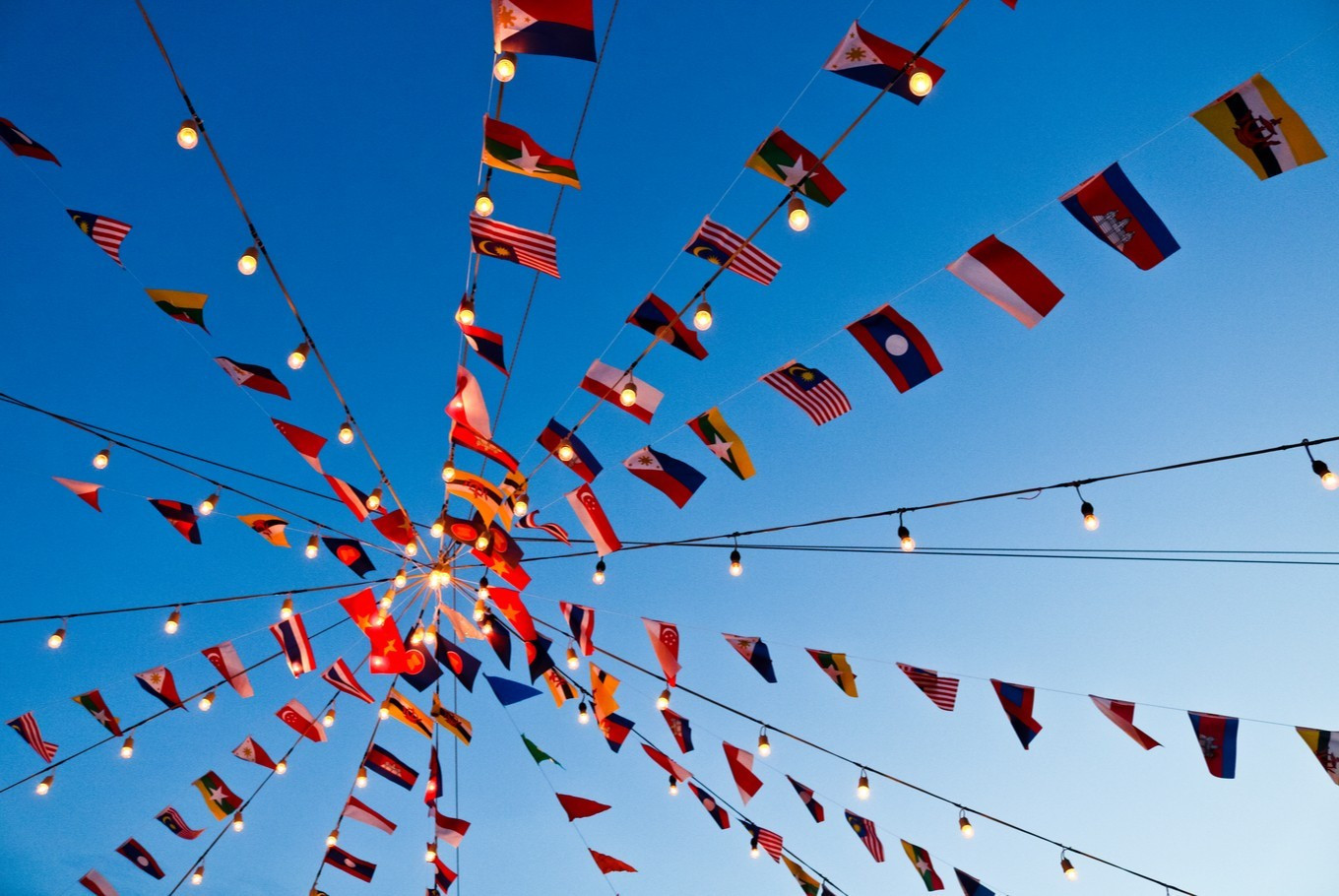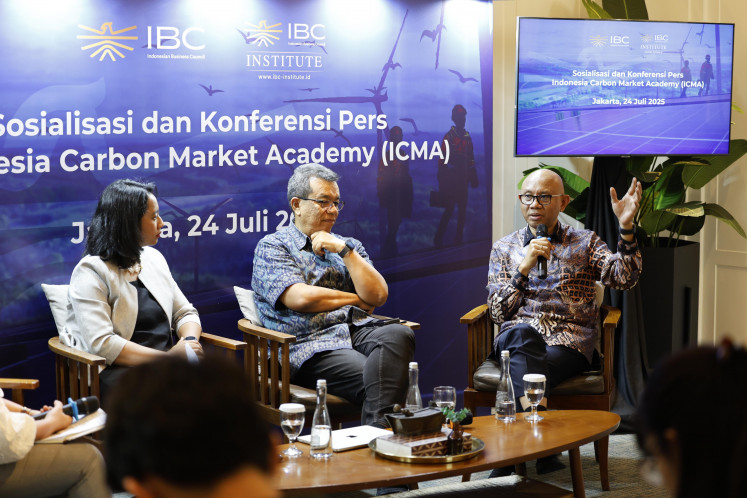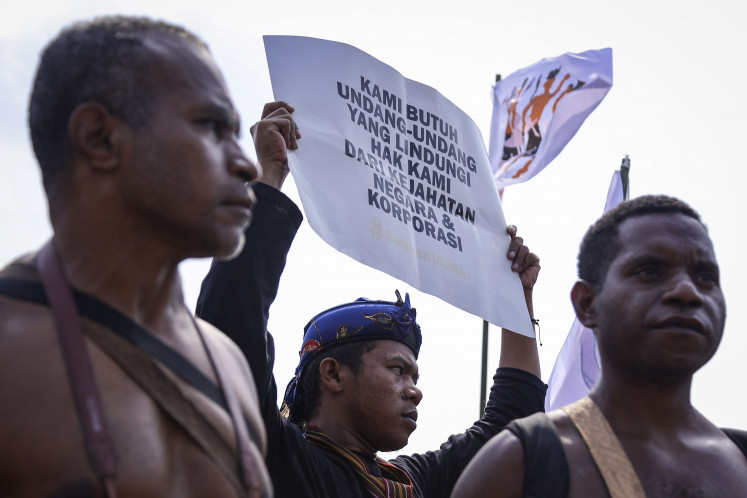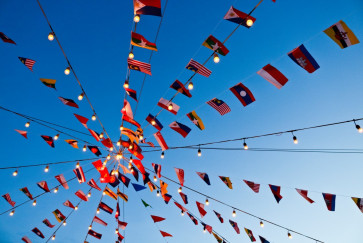Popular Reads
Top Results
Can't find what you're looking for?
View all search resultsPopular Reads
Top Results
Can't find what you're looking for?
View all search resultsIndonesia’s trade diplomacy amid a chaotic global system
It is clear that we are entering a new and far more dangerous era, defined not by the pursuit of shared prosperity but by the stark realities of great power competition.
Change text size
Gift Premium Articles
to Anyone
J
ohn Maynard Keynes, a British representative at the Versailles Peace Conference after World War I, famously described an “extraordinary episode in the economic progress of man [...] which came to an end in August, 1914”, in that before the war “an inhabitant of London could order by telephone, sipping his morning tea in bed, the various products of the whole earth”.
That is a vivid description of the prosperous first wave of globalization, which was unfortunately consumed by war and ideology.
For decades after World War II, we again enjoyed an extraordinary episode of globalization. The world operated on a consensus that freer trade and deeper economic integration were forces for mutual prosperity and stability.
That consensus has been shattered. A recent report from the World Trade Organization suggests a contraction of world trade, hit by a flurry of headline-making tariffs and elevated policy uncertainty.
It has become clear that we are entering a new and far more dangerous era, defined not by the pursuit of shared prosperity but by the stark realities of great power competition. This was a shared concern among speakers and participants in the discussion held by the Indonesian Institute for Foreign Affairs (IIFA) at the Indonesian International Islamic University (UIII), last week.
The concern stems from recent United States trade policies. The US has launched the highest sustained tariffs since the early 20th century, averaging 20.1 percent in August 2025. Tariffs have hit more than 60 countries, spiking to 50 percent on exports from nations like Switzerland, Brazil and India. For Indonesia, a threatened 32 percent tariff evolved into a new deal, with a tariff set at 19 percent. We have no clear clues as to why certain countries were imposed with different tariffs.
The conclusion is inescapable: Our post-war global order is dying. For a nation like Indonesia, which prospered under the post-war consensus, to ignore this change would be a strategic blunder. While a negotiated tariff offers temporary relief, it is no victory. These power-based deals undermine the predictable, rules-based system that fostered shared prosperity.



















